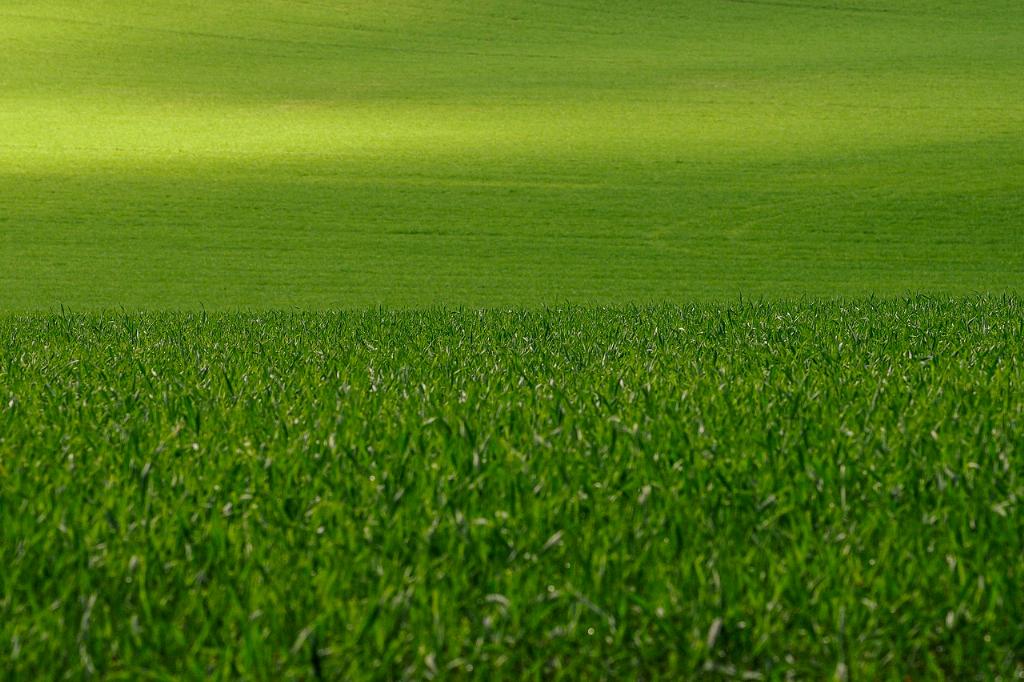Watering your lawn is a crucial aspect of maintaining a healthy and vibrant outdoor space. When it comes to determining the best time to water your lawn, several factors come into play. One of the key considerations is the time of day when you choose to perform this task.
According to experts, the optimal time to water your lawn is in the early morning. This is because the temperatures are usually cooler in the morning, which helps to minimize evaporation and allows the water to penetrate deeply into the soil. As a result, your grass roots can absorb the moisture more effectively, promoting healthy growth and development.
If watering in the morning is not feasible for you due to time constraints or other reasons, the next best alternative is to water in the evening. However, it is essential to do so early enough so that the grass has ample time to dry before nightfall. Wet grass left overnight can create a conducive environment for fungal growth, leading to potential disease issues in your lawn.
While watering in the evening is a viable option, it is essential to strike a balance between providing enough moisture to your grass while also ensuring that the blades have sufficient time to dry out before night sets in. This delicate balance can help prevent diseases caused by prolonged moisture on the grass surface.
Another critical aspect to consider when deciding when to water your lawn is the prevailing weather conditions in your area. If you live in a region with high temperatures and intense sunlight, watering in the early morning or late evening can help prevent excessive evaporation and ensure that your grass receives an adequate amount of water.
On the other hand, if you reside in an area with cooler temperatures and higher humidity levels, watering in the early morning may be sufficient to meet the water needs of your lawn. Understanding the unique environmental conditions in your location can guide you in determining the most suitable watering schedule for your lawn.
It is worth noting that overwatering your lawn can be just as detrimental as underwatering. Excessive moisture in the soil can lead to root rot, mold growth, and other issues that can compromise the health of your grass. By adhering to a consistent watering schedule and paying attention to the signals your lawn gives, you can strike a balance that promotes optimal growth and overall well-being.
Ultimately, the best time to water your lawn depends on various factors, including climate, soil type, and grass species. By being attentive to these factors and adjusting your watering schedule accordingly, you can help ensure that your lawn thrives and remains lush and green throughout the seasons.

